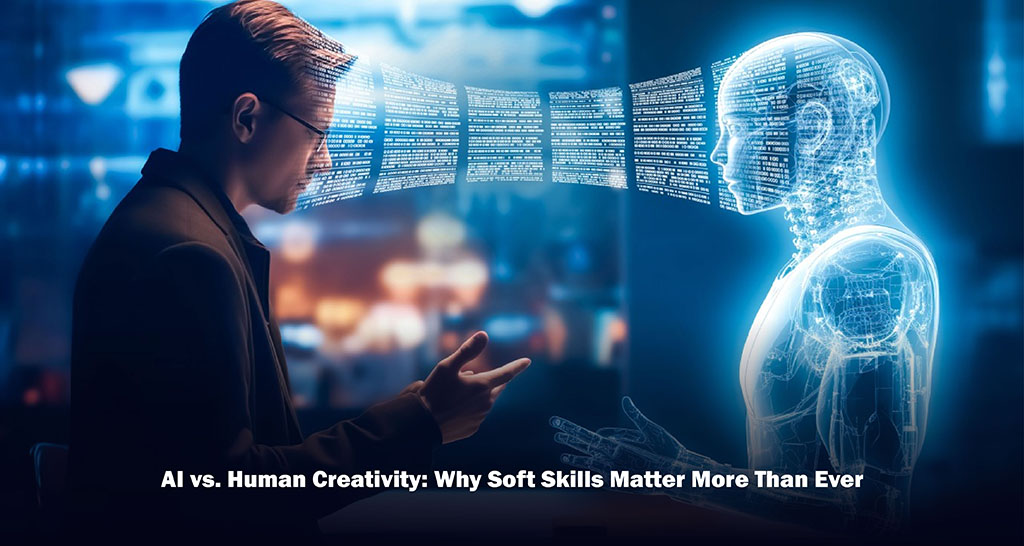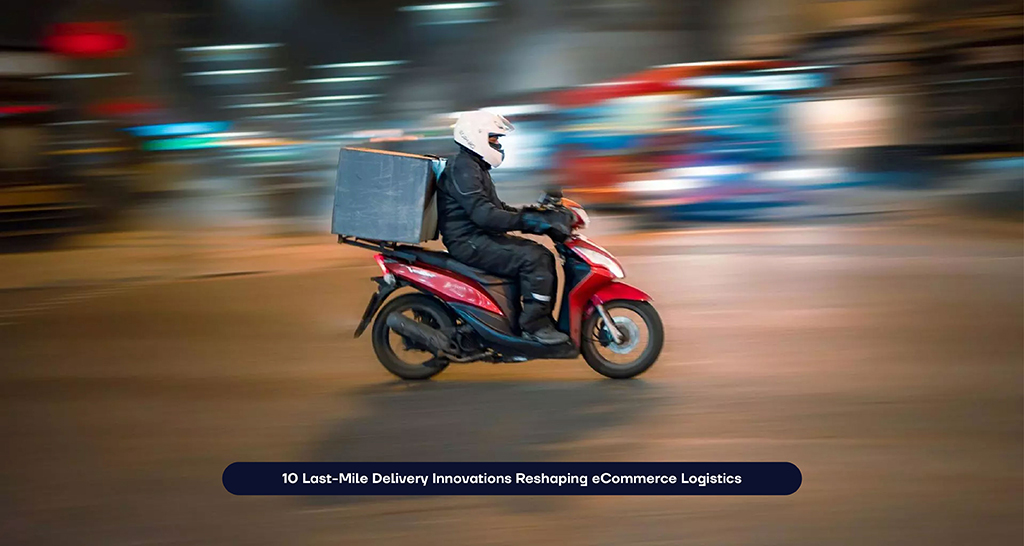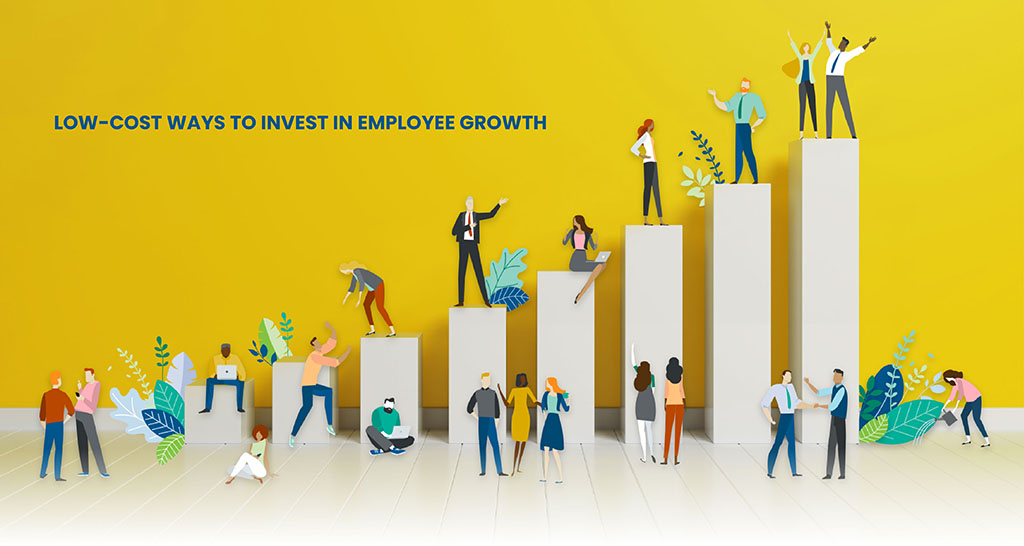In the era of artificial intelligence, a prominent topic of discussion is whether machines can achieve a level of creativity comparable to that of humans. The advancements of AI in areas such as music composition, visual arts, writing, and problem-solving are progressing swiftly. Nevertheless, despite AI’s remarkable proficiency in generating content and supporting creative endeavors, human creativity continues to be unparalleled, particularly in terms of the emotional and social intelligence that fosters significant innovation. This highlights the critical role of soft skills in the creative process.
The Rise of AI in Creative Fields
AI has achieved remarkable advancements within the creative sectors. For instance, machine learning algorithms possess the capability to process extensive datasets, identify patterns, and produce artwork, compose articles, or create music that mimics human creations. AI has been employed to craft logos, pen poetry, and even generate complete novels. Although these outputs can be impressive and skillful, they generally fall short of the intricate depth derived from human experiences, emotions, and the subjective interpretation of reality.
The power of artificial intelligence resides in its capacity to replicate patterns and enhance processes. It can generate work that is technically proficient; however, it frequently lacks the spontaneity, intuition, and emotional depth that define human creativity. Although AI can adhere to directives and create concepts based on existing information, it does not genuinely “experience” the world in a manner that would enable it to grasp the context and importance of a creative endeavor fully.
The Uniqueness of Human Creativity
Human creativity is intricately linked to the capacity for abstract thought, the ability to envision the unattainable, and the drive to innovate in manners that transcend conventional logic and frameworks. It frequently emerges from individual experiences, emotional richness, and the surrounding social environment. Artists, writers, and creators tap into a diverse range of influences, including memories, cultural trends, societal changes, and even subconscious reflections, to produce work that is genuinely unique. In this domain, artificial intelligence, despite its significant computational capabilities, still has considerable progress to make.
Human creativity is inherently collaborative. It flourishes in settings where individuals exchange ideas, question one another’s beliefs, and participate in dialogues that foster innovative thinking. This social dimension of creativity represents another domain in which AI cannot supplant human contribution. While AI may aid in idea generation or offer inspiration, it is the interplay among individuals, their shared emotional intelligence, and the social dynamics of collaboration that propel the development of genuinely transformative work.
Why Soft Skills Matter More Than Ever
As artificial intelligence progresses and takes over numerous technical functions, the importance of soft skills such as empathy, communication, critical thinking, and emotional intelligence grows increasingly vital. These competencies allow individuals to collaborate effectively with machines, leverage technology in innovative ways, and expand the limits of potential. In creative industries, the capacity to work collaboratively, comprehend intricate human emotions, and critically assess the ramifications of creative endeavors is essential.
An example of this can be seen in a marketing campaign generated by artificial intelligence, which may not possess the necessary cultural sensitivity and emotional resonance to engage with varied audiences effectively. While a writer may craft a piece of content that is technically proficient, it may fall short in terms of depth regarding the human experience, resulting in a lack of soul and authenticity that readers seek. In these instances, the contributions of human insight, intuition, and empathy are indispensable.
Conclusion
AI is undeniably transforming the creative industries, providing innovative tools and opportunities for creators to investigate. Nevertheless, human creativity, fueled by emotional intelligence and interpersonal skills, continues to be essential in crafting work that profoundly connects with audiences. As we move forward, the focus should not be on selecting between AI and human creativity, but rather on discovering methods to integrate the advantages of both. The future will favor those who can leverage the capabilities of AI while also nurturing the soft skills that render human creativity uniquely remarkable.







